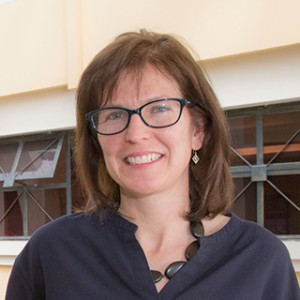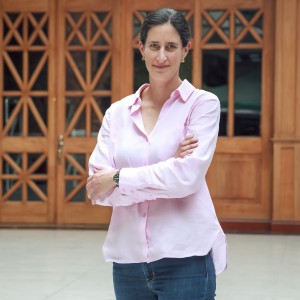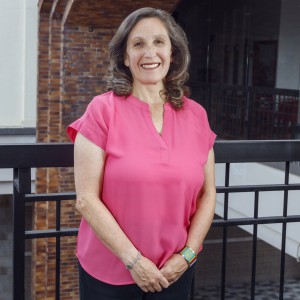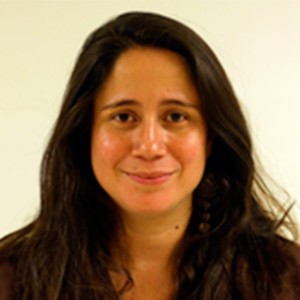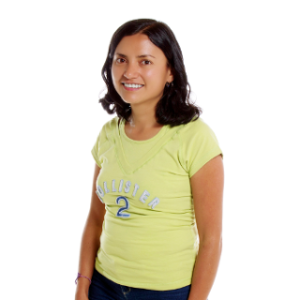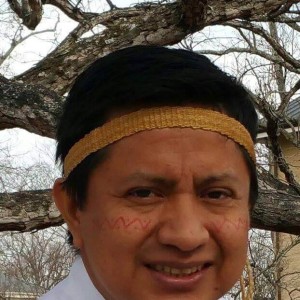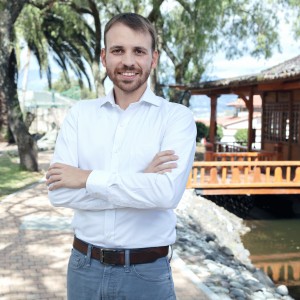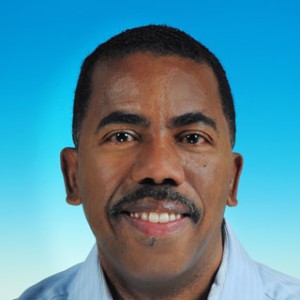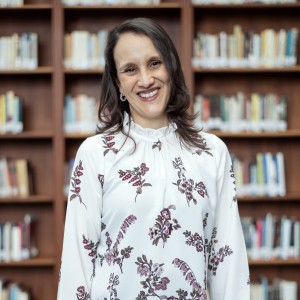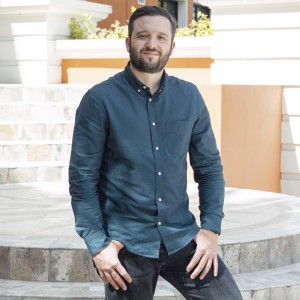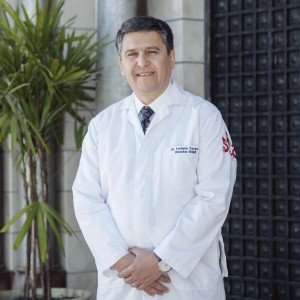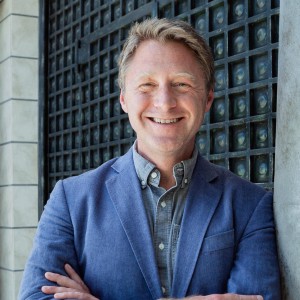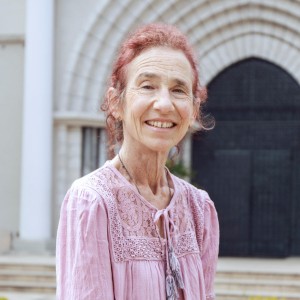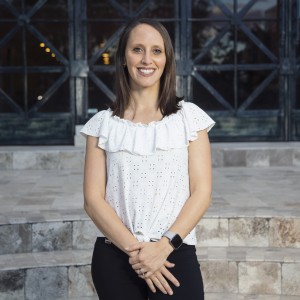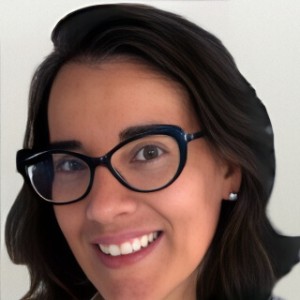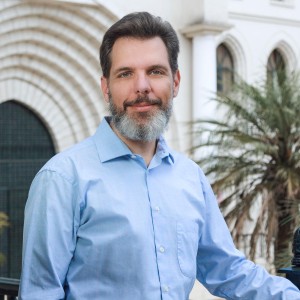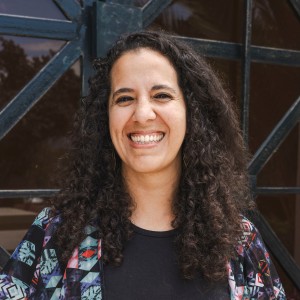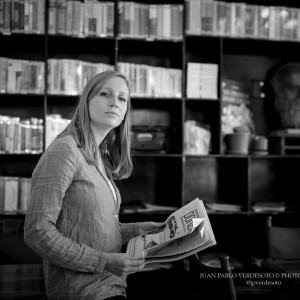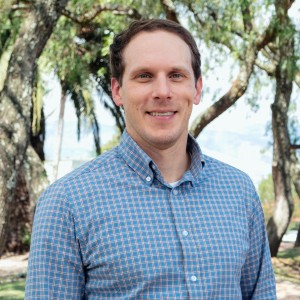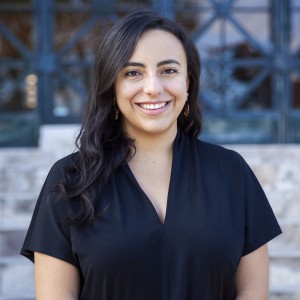Instituto de Estudios Avanzados en Desigualdades (IEAD)

The Institute for Advanced Studies in Inequalities (IASI) is an interdisciplinary academic unit, coordinated by the College of Social Sciences and Humanities. It will be dedicated to academic and applied research, as well as social research training in critical studies of race, gender, translation, migration and territory. The institute's areas of work are gender and territory, human mobility, political ecology and ancestral knowledge.
We prioritize decolonial and critical methodologies with an emphasis on participatory methodologies, oral histories and social mapping. The institute seeks to influence public policies and will become a link between researchers, programs, organizations, national and international research centers and the community. The institute will position itself in Global South studies as a promoter of transnational and interdisciplinary conversations on social inequality.
Research on gender and territory, human mobility, political ecology, communication and ancestral knowledge. We prioritize decolonial and critical methodologies, including oral histories and social cartography.
To develop collaborative research related to social and inequality studies, with a focus on critical studies of gender, race, human mobility, translation, communication and territory.
To promote research and the production of knowledge through comprehensive studies with an interdisciplinary perspective and through participatory methodologies aimed at intercultural dialogue and coexistence and the creation of national and international academic networks.
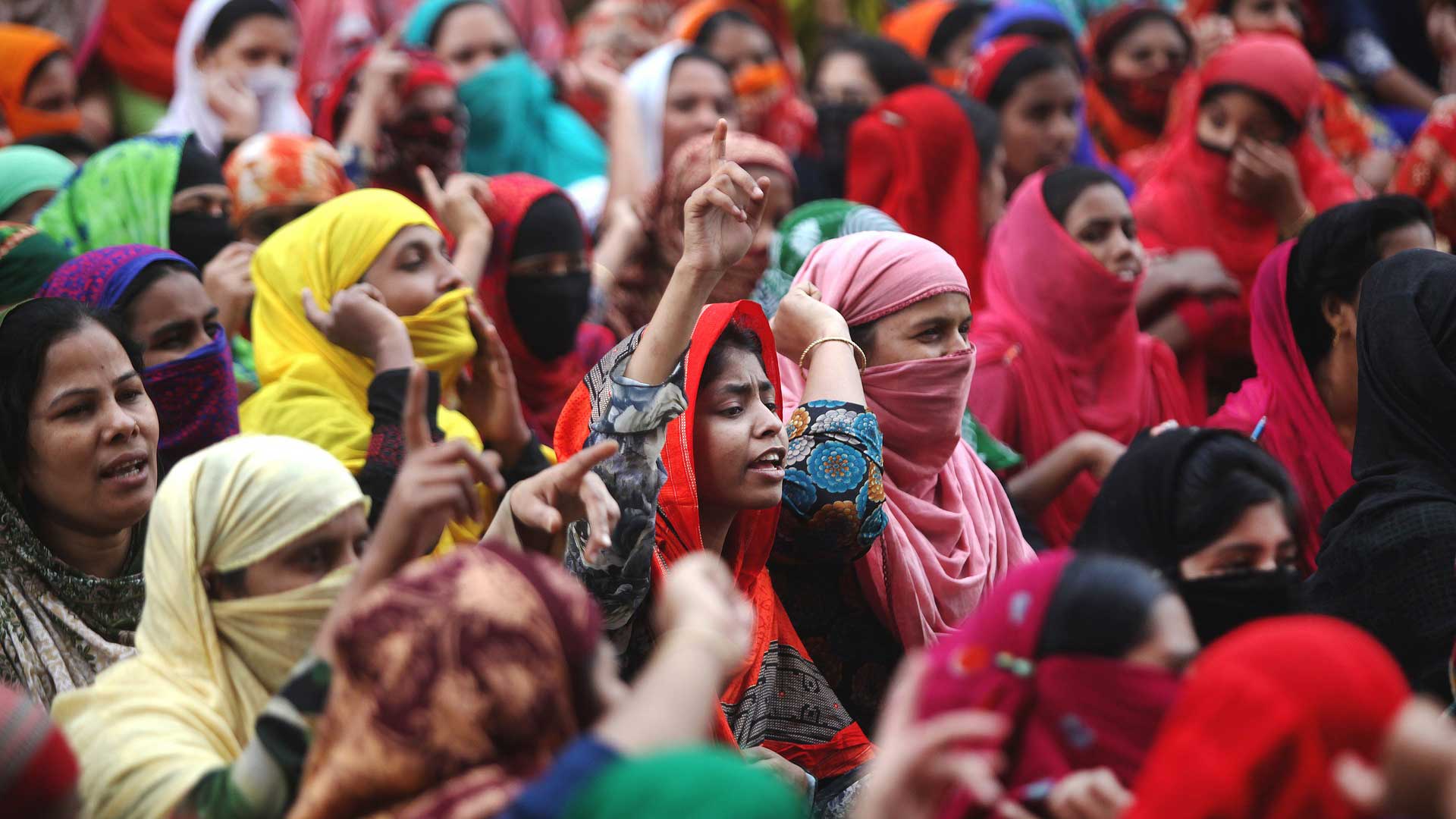
Human Mobility and Migration
This line of research focuses on the study of national, regional, and international migration and human mobility processes. It addresses its intersectionality with gender, history, law, technology and economics. It analyzes collective imaginaries and perceptions, and the situation of migrants, refugees, and people in human mobility in Ecuador, in order to analyze their limitations and strengths in relation to the country and the region.

Gender, Race and Territory
This line of research focuses on gender studies and feminist theory, and their relationship with contemporary debates on territory and critical geography. Likewise, studies are conducted from decolonial methodologies and body-centered methods, in particular participatory methodologies and critical cartography.

Digital Activism, Technology and Sustainable Communication
It encompasses the study of technological, digital and communication practices, from academia and activism. It seeks to understand the dimensions of social inequalities, integrating different contexts and perspectives, such as feminism, decolonialism, indigenism, among others. It also analyzes the behaviors and social responses that are reconfiguring the uses and practices of digital media and new communications.

Sustainable Cities
This line of research studies forms of participatory urban planning that support decision making around disaster risk reduction and opportunities to build sustainable and equitable cities, especially in low and middle income countries. It covers the analysis of sustainable development, green infrastructure and its relationship with other social factors such as capacity building and social capital, poverty eradication, decent access to public services, rural/urban relationship, migration and food security, among others.

Health and Equity
This line of research seeks to study how health is constructed from different critical perspectives and social contexts. It investigates the way in which sexual and reproductive rights are promoted, the resistance of indigenous peoples, the access to health of refugees and migrants, and the university wellbeing of students. It also studies the prevalence and social, demographic and health factors that influence the different diseases circulating in Ecuador.
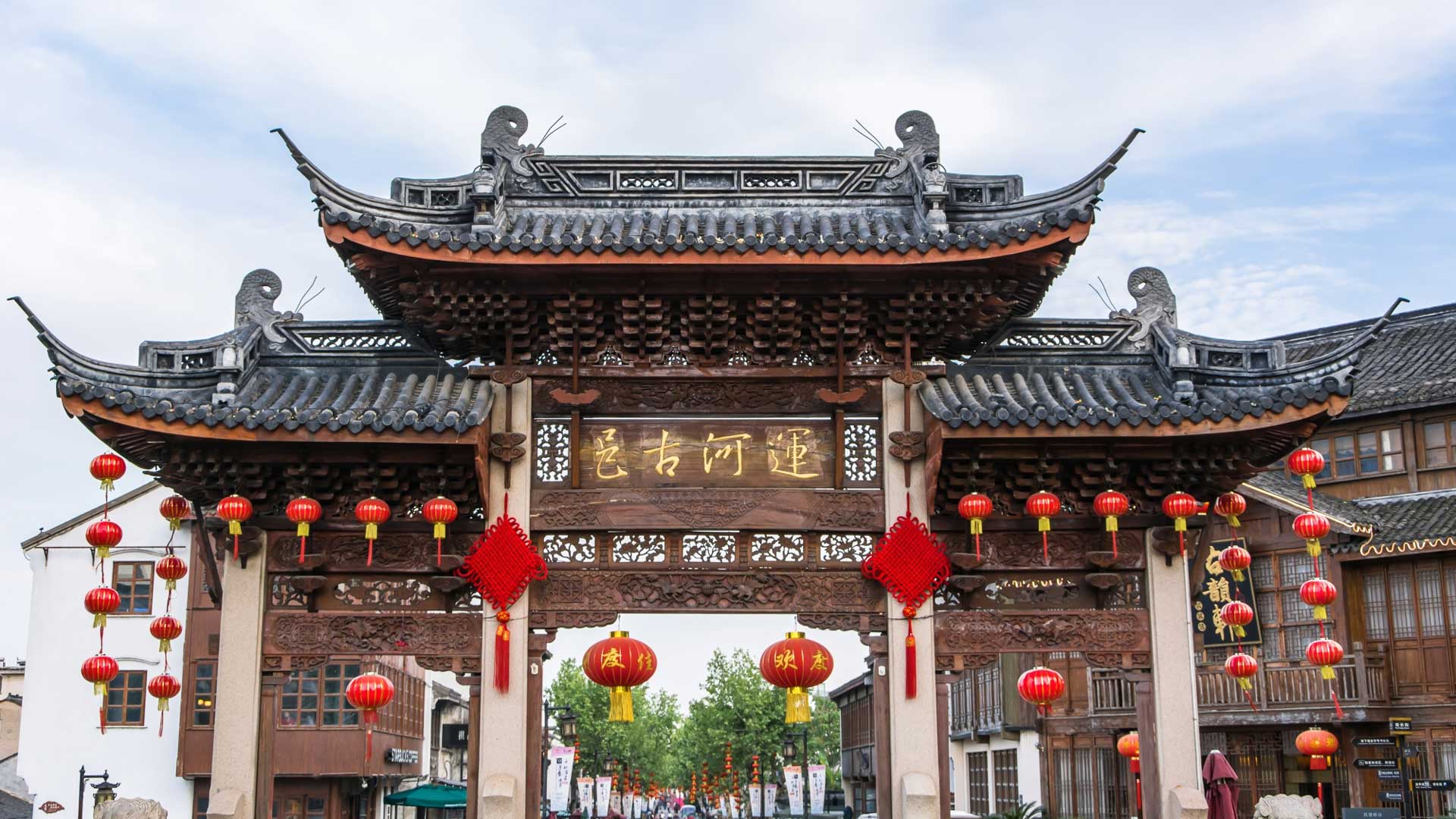
Critical Asian Studies
This line of research approaches relations between China and the Andean region from a critical and multidimensional perspective, exploring their economic, political, socio-cultural, environmental, and human rights implications. It analyses how these interactions shape local and global scenarios, highlighting the challenges and opportunities that arise.

Translation, Knowledges, and Aesthetics of Resistance
This line of research seeks to contribute to the linguistic, social, and cultural study of various forms of expression and thought. It encompasses the study of different languages and creates a space for translation of tradicional knowledge and the understanding of epistemological, philosophical, and methodological concepts. Furthermore, it acknowledges oral tradition and draws attention to narratives aimed at examining concepts related to literature, race, migration, class, resistance, gender, among others. It analyzes changes in forms of social organization and their effects on human behavior.
Fulbright Fellows
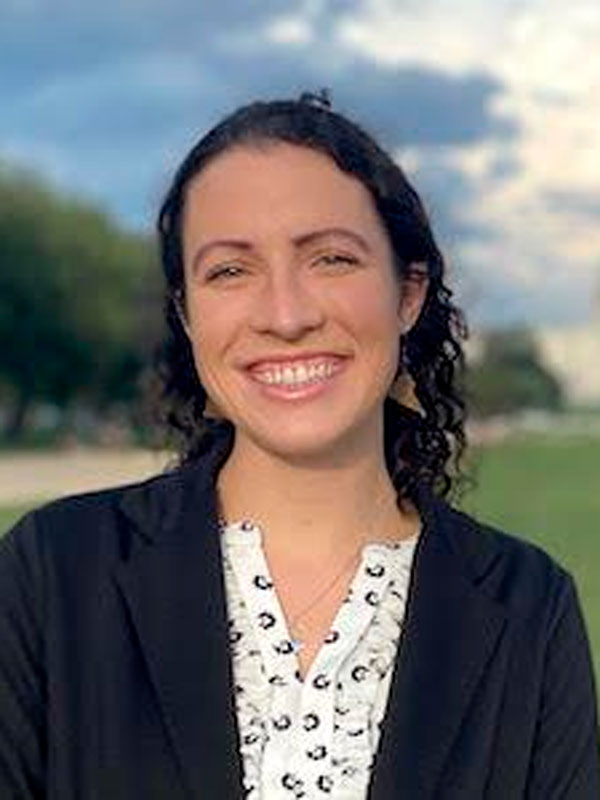
Alexandra (Allie) Reichert ( 2018-2019)
Alexandra (Allie) Reichert, a 2018-2019 Fulbright Scholar, is currently a PhD candidate in Medical Anthropology at Vanderbilt University, with specializations in Global Health and Latin American Studies. She graduated from Dartmouth College in 2018 with a B.A. in Philosophy and a minor in Medical Anthropology. Her doctoral research addresses the relationship between indigenous identity, midwifery, reproductive politics, and obstetric violence in the Napo region of Ecuador. Her work has been funded by Fulbright, Boren, Tinker, SALSA and FLAS grants. Allie is interested in how diverse conceptions of healing can collaborate to achieve health and gender equity.
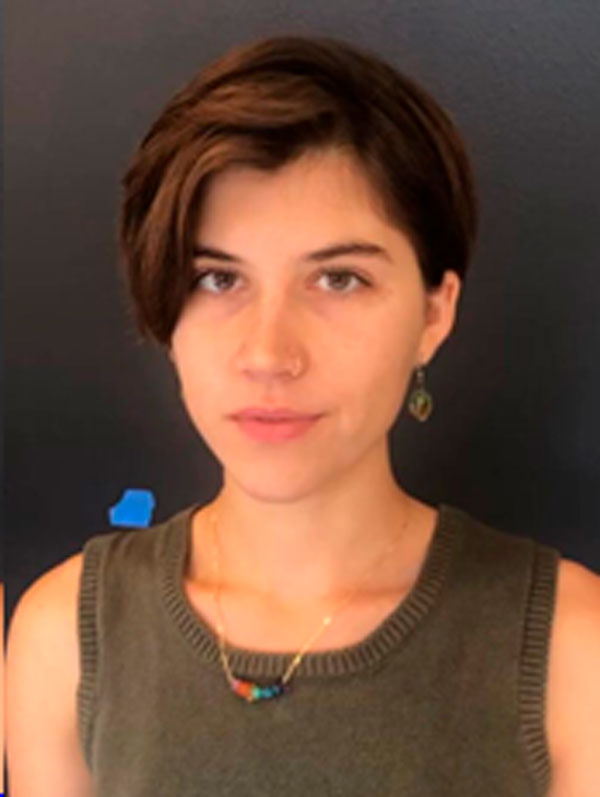
Emily Kuhn (2022 -2023)
Emily Kuhn is a 2022-23 U.S. Fulbright Scholar. Her project explored and supported the transfer of Andean-Amazonian Kichwa Ethnoscience. She collaborated with the Intercultural Bilingual Community School, Yachay Wasi Quito, the peasant Mamás and Taytas to strengthen the reproduction of oral histories from rural to urban chakra (sown land). The audio-educational project is online thanks to the financial support of the Lois Roth Foundation and the wisdom of her USFQ mentors. Upon returning to the United States, Emily continues to accompany the Agroecology movement as an urban farmer and coordinator of the Multinational Exchange for Sustainable Agriculture (MESA).
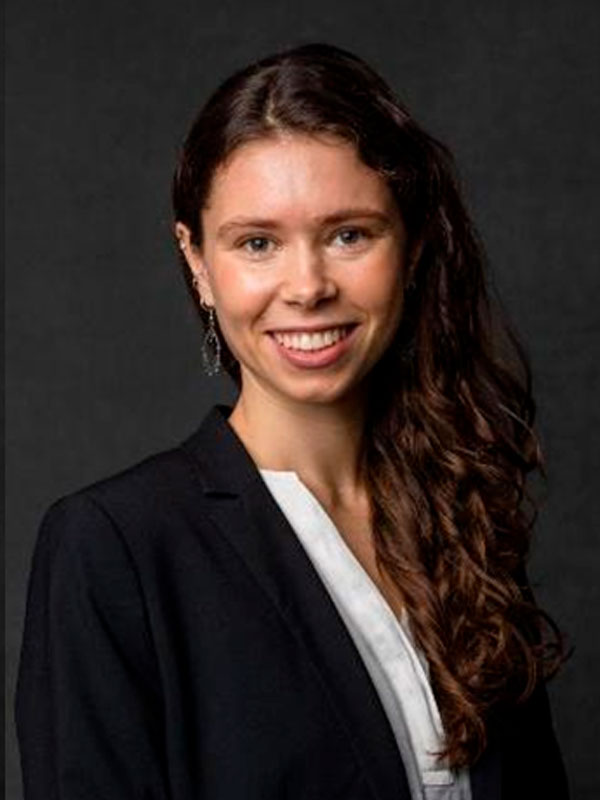
Willoughby (Willow) Fortunoff (2023 - 2024)
Willow Fortunoff was a Fulbright U.S. Scholar in 2023-24. Willow studies city diplomacy between the United States and Ecuador in collaboration with the Interdisciplinary Department of Space and Population at the University of Cuenca and the Institute for Advanced Studies in Inequalities at the Universidad San Francisco de Quito. Previously, she was Deputy Director of the Adrienne Arsht Center for Latin America at the Atlantic Council in Washington DC, where she co-directed the Center's work on subnational participation and supported the State Department's Cities of the Americas Summit. She has published in TIP Magazine (Research Papers in Paradiplomacy), New Atlanticist and National Interest on subnational diplomacy and has been invited to speak on the topic at Congressional briefings and U.S. State Department panels. She is currently pursuing a Masters in Public Policy at the Harvard Kennedy School of Government (2024-2026) and holds a B.A. in Political Science and International Studies from Macalester College.
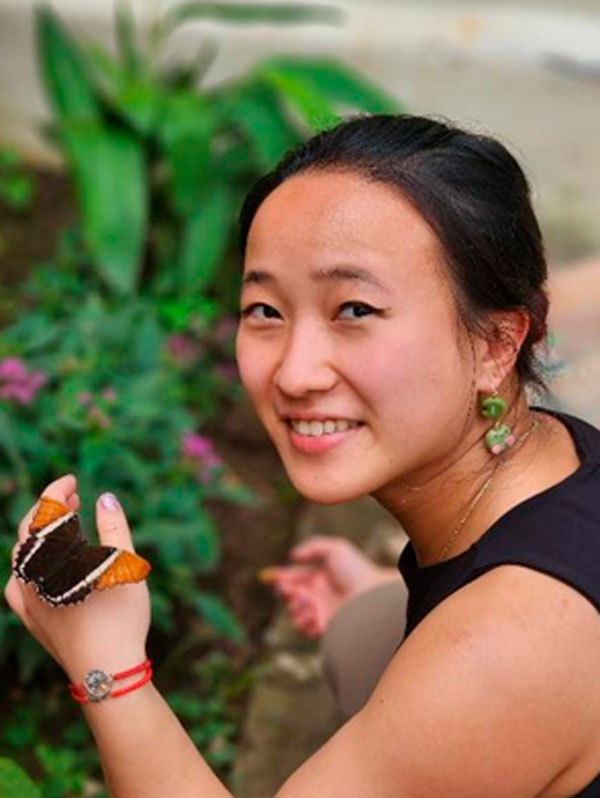
Laura Chang (2023 - 2024)
Laura Chang was a Fulbright U.S. Scholar in 2023-24, here in Ecuador she conducted research with the midwife moms of the Consejo Indígena de Salud Ancestral “Hampik Warmikuna” and Dr. Erika Arteaga-Cruz of USFQ. Her project also received support from the Lois Roth Foundation. She graduated from Cornell University in 2023 with a B.A. in anthropology and biology, and upon returning to the United States began a graduate program to become a medical doctor and anthropologist.
International Research Visitants
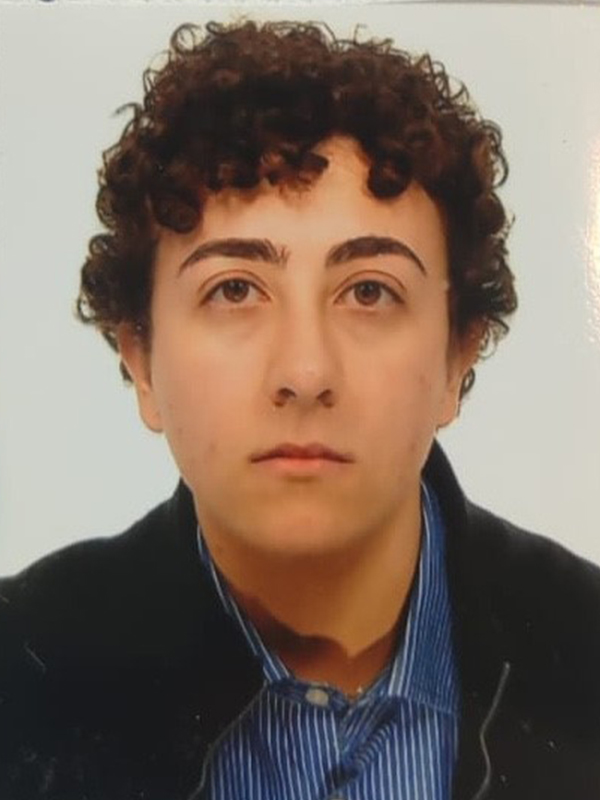
Marc Burillo
Marc Burillo, visiting researcher, summer 2025. Marc, of Spanish origin, graduated from the University of Amsterdam and is now a postgraduate at the University of Copenhagen. He has a strong interest in urban realities, migration processes, and dynamics of inclusion and exclusion. His brief research career spans several projects and collaborations, having enjoyed a short stay at the University of Chiang Mai in northern Thailand, and now a summer stay at the University of San Francisco de Quito. She has a particular interest in research from a practical dimension and with the aim of contributing to the generation of useful knowledge to transform social realities.
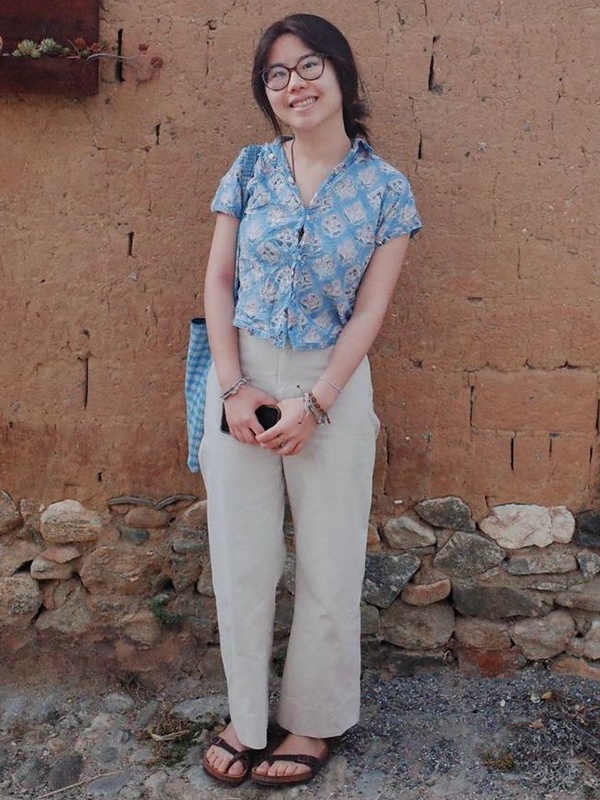
Hailun (Helen) Li
Hailun Li, visiting researcher, summer 2025. Hailun, a native of China with a degree in sociology and French from the London School of Economics, is primarily interested in the intersection between migration and racial inequality. She has previously worked as a research assistant for professors in England and France, as well as participated in fieldwork conducted by Chiang Mai University. She is passionate about researching the Chinese immigrant community in Ecuador, as well as discovering all forms of marginalization and precariousness faced by national and international immigrants in the country.


